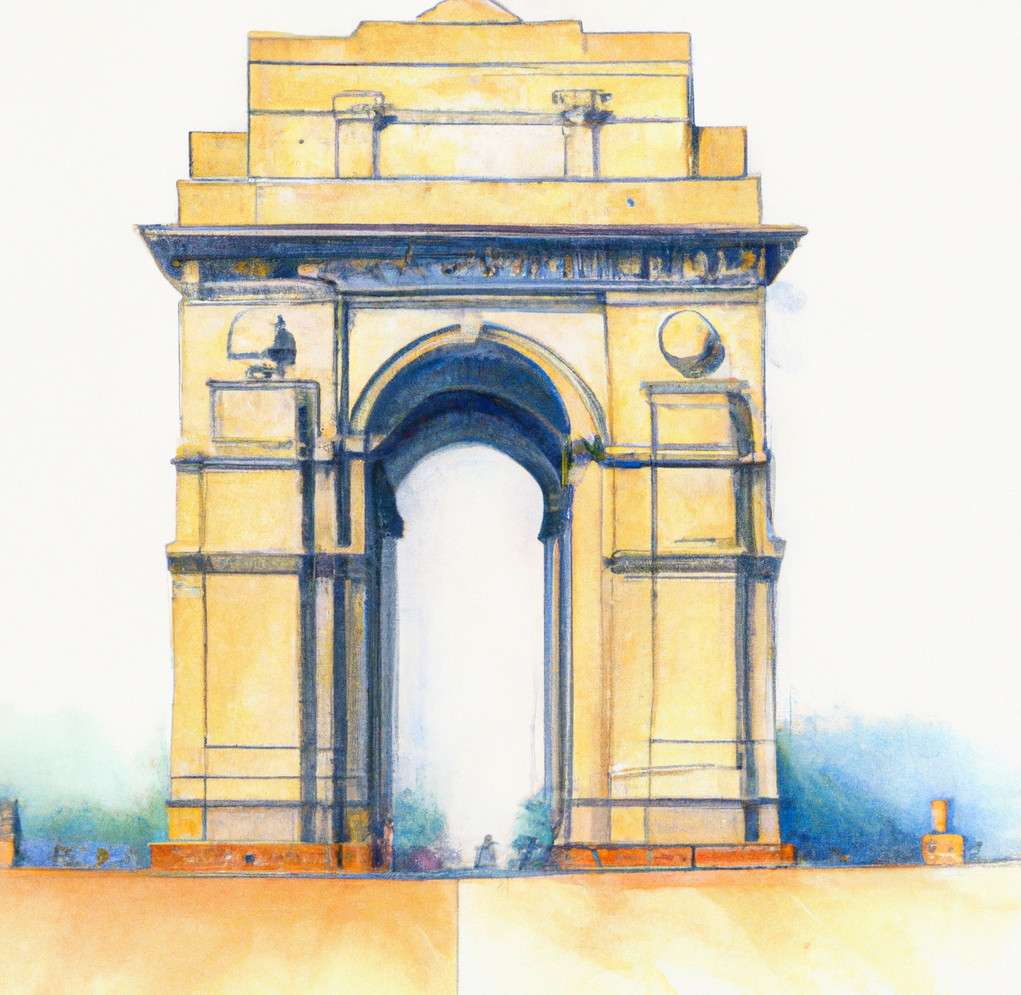Hindi language is one of the most widely spoken languages in the world, with over 600 million speakers worldwide. It is the official language of India and is also spoken in Nepal, Mauritius, Fiji, and other countries. But have you ever wondered who founded the Hindi language and how it came to be?
The origin of Hindi language can be traced back to the 7th century, during the reign of the Gupta Empire in Northern India. During this time, the Sanskrit language was widely used for religious and scholarly purposes. However, it was not a language that was easily understood by the common people. As a result, a new language was developed that could be understood by the masses.
The early form of Hindi was called Apabhramsa, which was a mix of Sanskrit, Prakrit, and other regional languages. Over time, this language evolved into what we now know as Hindi. The earliest recorded use of Hindi can be traced back to the 10th century, in the form of poetry and literature.
However, it was not until the 19th century that Hindi started to gain recognition as a language of national importance. It was during this time that a group of scholars and writers, known as the Hindi-Urdu movement, started to promote Hindi as a language that could unite people from different regions and religions of India.
One of the most prominent figures in the Hindi-Urdu movement was Mahatma Gandhi. He believed that Hindi was a language that could bring together the diverse cultures and languages of India and promote unity and harmony among its people. He also advocated for the use of Hindi in education and government, which helped to establish it as an official language of India.
Another important figure in the development of Hindi language was Bhartendu Harishchandra, who is considered the father of modern Hindi literature. He was a writer, playwright, and social reformer who used Hindi as a medium to spread his message of social equality and justice. His writings helped to popularize Hindi and make it more accessible to the common people.
In conclusion, Hindi language has a rich history and has evolved over time to become the language we know today. Its development is attributed to the efforts of many scholars, writers, and social reformers who believed in the power of language to unite people and promote social change. Today, Hindi is one of the most widely spoken languages in the world and is an important part of India’s cultural heritage.
